Dr Tom McDermott
University Foundation Lecturer in the Economics of Climate Change and Development; Director of MSc Global Environmental Economics
J.E. Cairnes School of Business and Economics, University of Galway



Tom is a founding member of the Centre for Economic Research on Inclusivity and Sustainability (CERIS) at University of Galway. His research is focused at the intersection of environmental and development economics, in particular, the study of the economic and social impacts of extreme weather events such as floods, as well as how societies and economies adapt and respond to changing environmental risk.
"Climate change is going to make it harder to grow staple crops in lots of parts of the world, feeding an expanding population also becomes challenging"
Tom's work contributes to these SDGs

"Climate change is going to make it harder to grow staple crops in lots of parts of the world, feeding an expanding population also becomes challenging"
Tom's work has contributed to 76 government policy documents in 13 countries around the world including ESRC Centre for Climate Change Economics and Policy, World Bank, House Committees, Publications Office of the European Union, Asian Development Bank, International Development Research Centre and the OECD (source Overton).
Key Target: 13.1 Strengthen resilience and adaptive capacity to climate related disasters
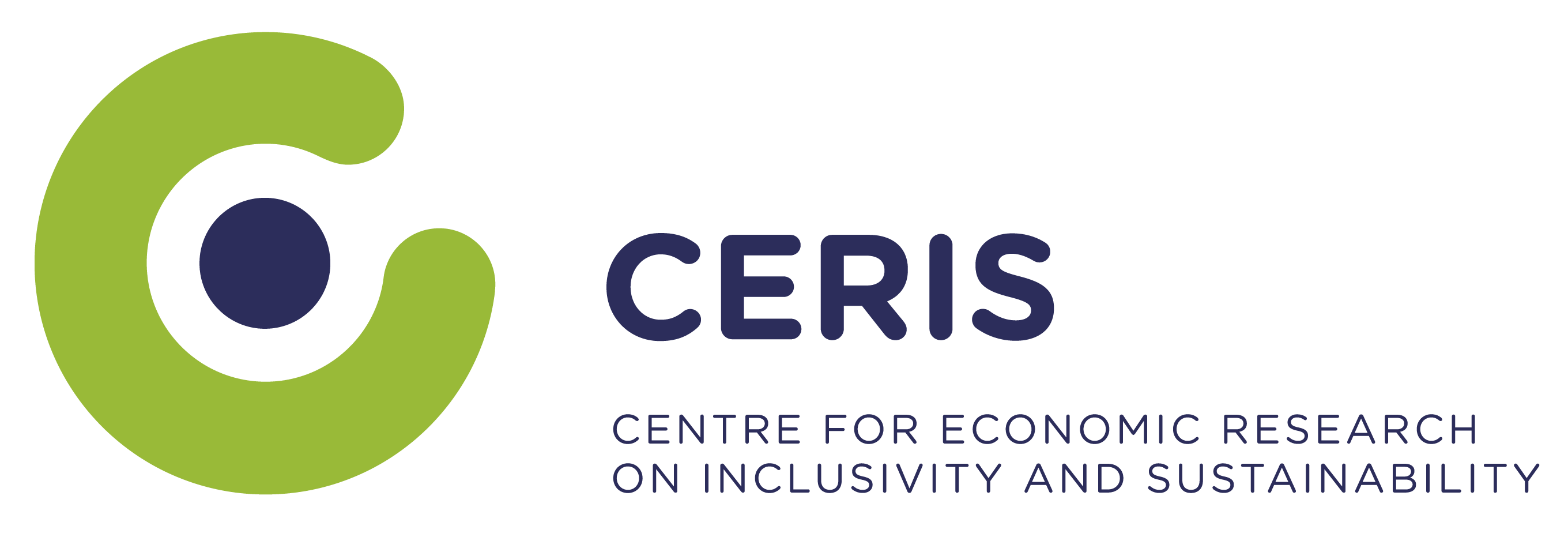
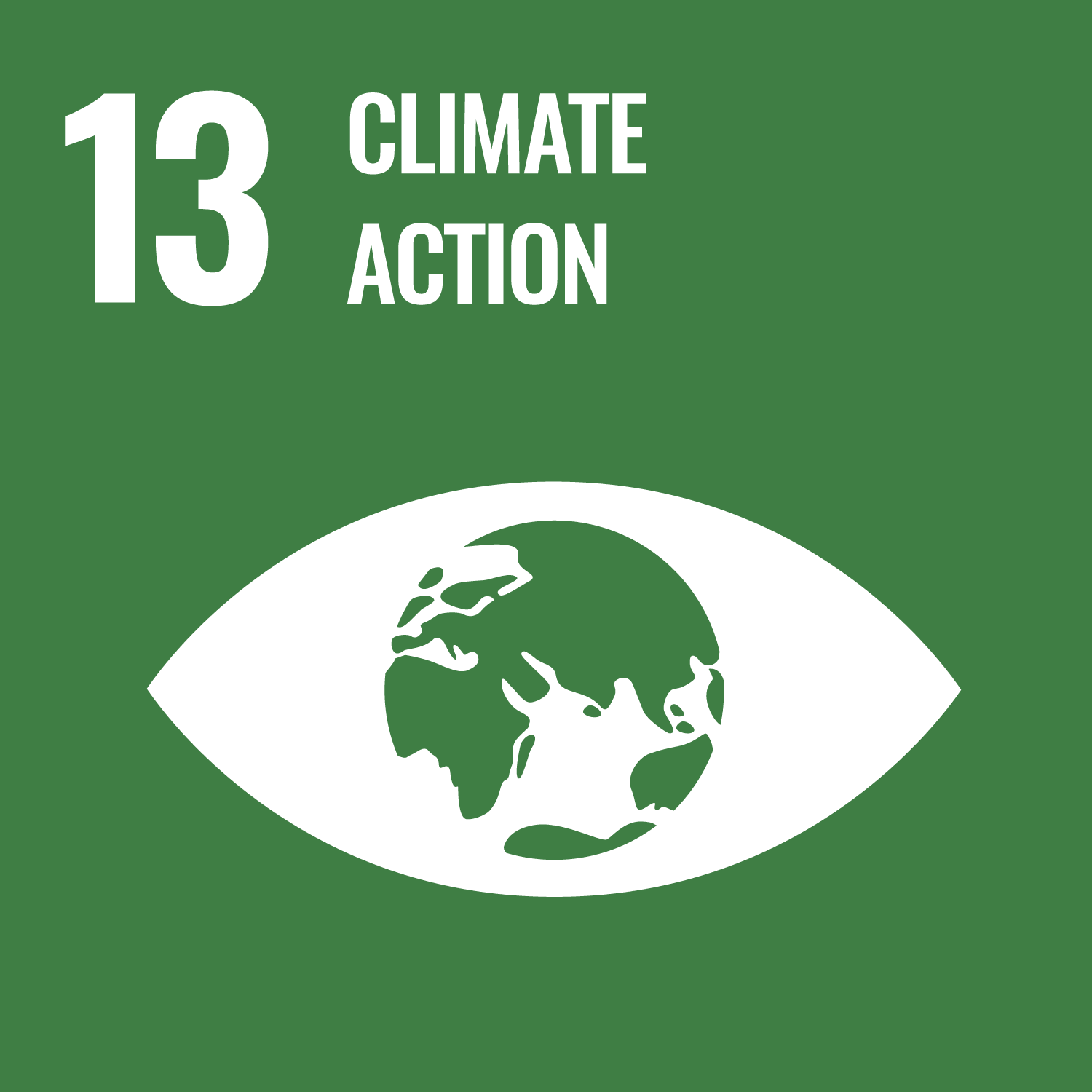
Teaching
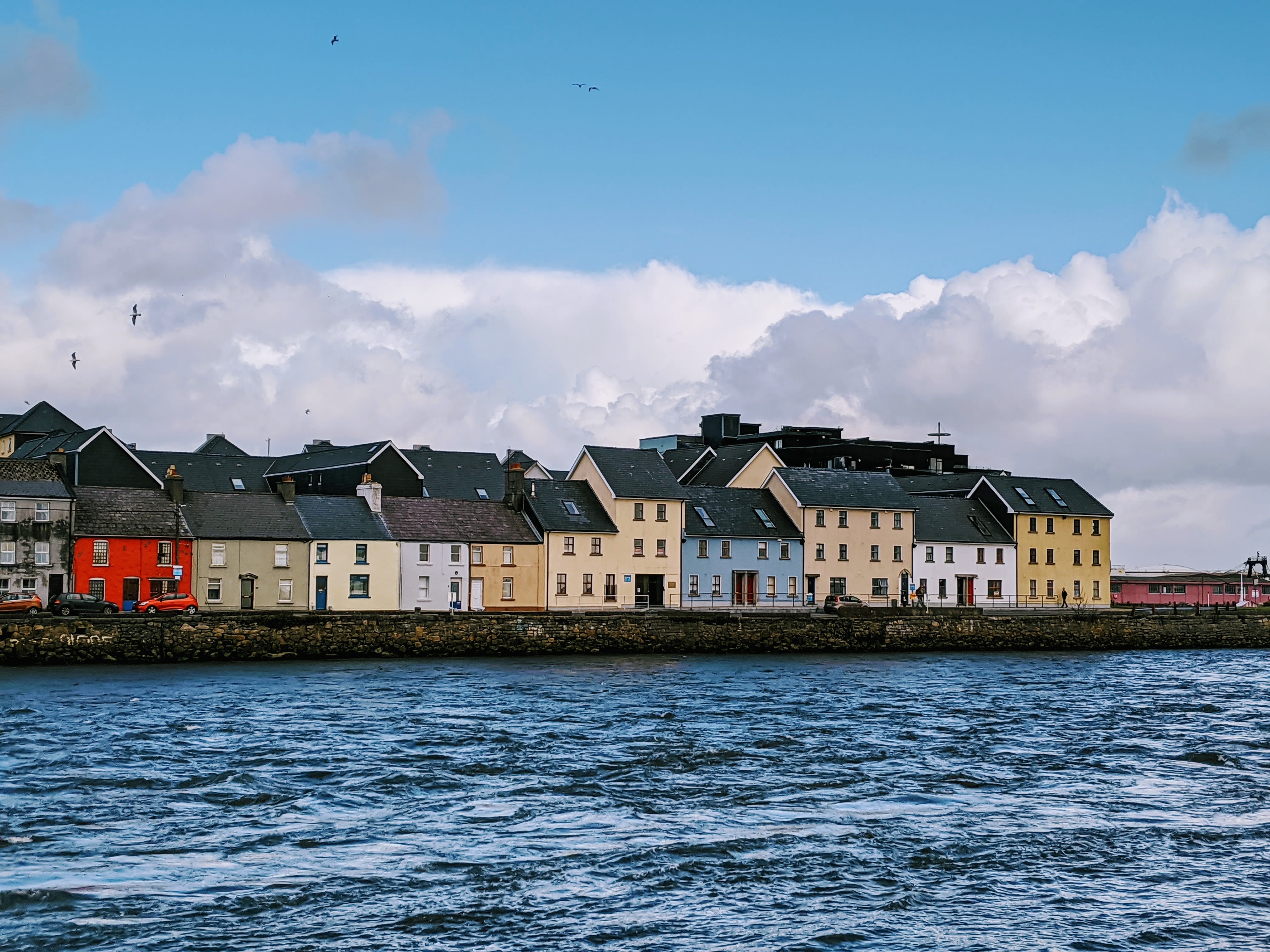
MSc Global Environmental Economics The entire programme is focused on sustainability from an economics perspective and environmental issues from an economics perspective. These overlap with other sustainability development goals such as poverty, education, work and sustainable cities. Aligned with Sustainability across all modules.
Climate Change Economics students apply these concepts and economic theory to analyse specific issues related to the problem of climate change. They learn to critically assess the trade-offs between economic growth and the environment and discuss options for climate policy and the prospects of avoiding damaging climate change.
Focused on Targets: 13.1 Strengthen resilience and adaptive capacity to climate related disasters, 13.2 Integrate climate change measures into policies and planning, 13.3 Build knowledge and capacity to meet climate change; 8.1 Sustainable economic growth
Engagement
Tom has consulted for the World Bank (Investing in Disaster Risk Management in an Uncertain Climate), the Asian Development Bank (Lead Consultant for Strengthening Disaster Resilience, ADO 2019), and the Irish Government (EPA/Dept of Climate Action) including contributing a background paper for Ireland's first statutory National Climate Change Adaptation Framework (published in January 2018).
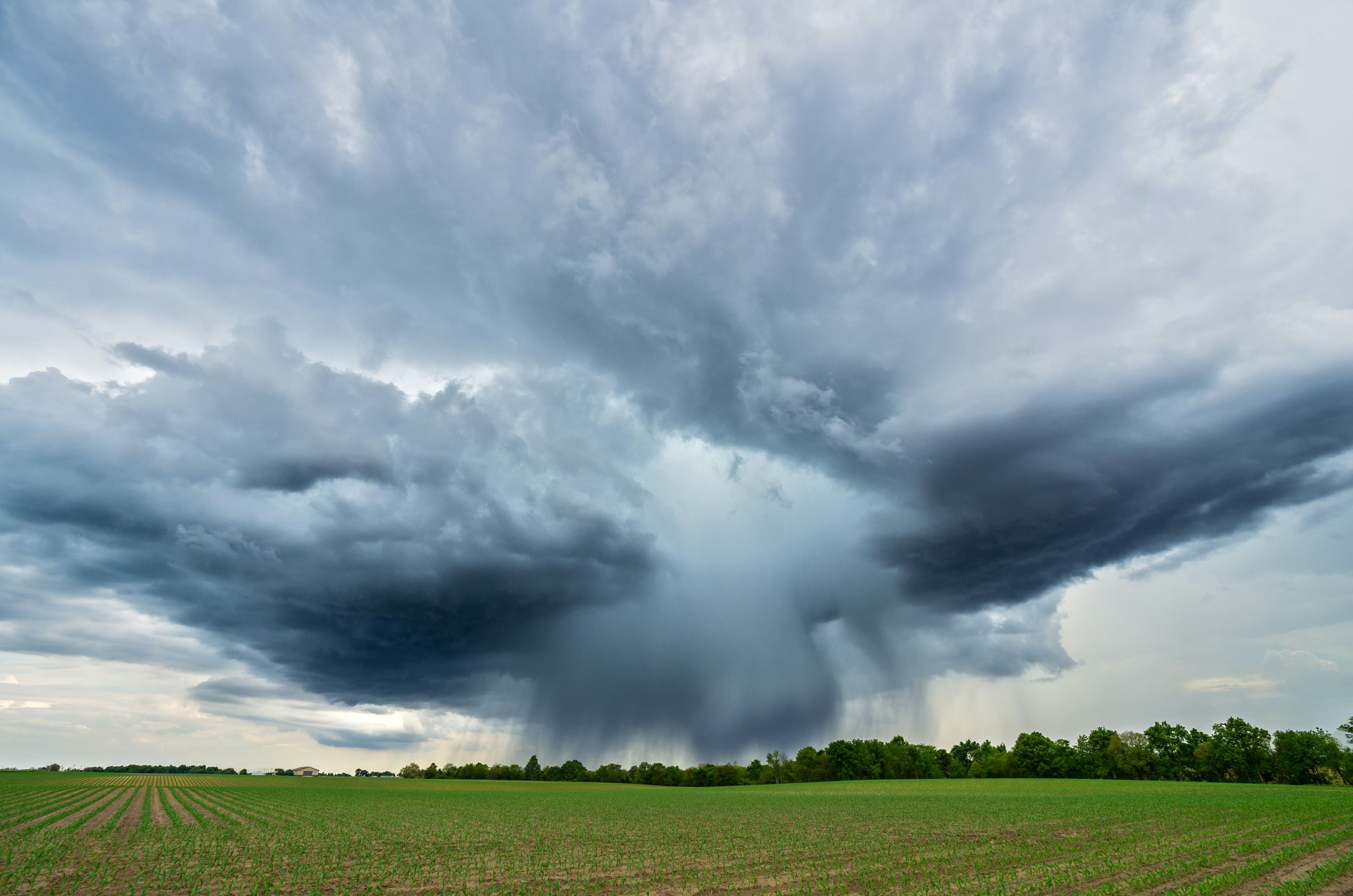
Direct impact SDG Targets
1.1 - Eradicate extreme poverty
1.5 - Build resilience to environmental, economic and social disasters
2.1 - Universal access to safe and nutritious food
3.4 - Reduce mortality from non-communicable diseases and promote mental health
3.9 - Reduce illnesses and death from hazardous chemicals and pollution
3.D - Improve early warning systems for global health risks
4.4 - Increase the number of people with relevant skills for financial success
4.7 - Education for sustainable development and global citizenship
8.1 - Sustainable economic growth
9.1 - Develop sustainable, resilient and inclusive infrastructures
9.A - Facilitate sustainable infrastructure development for developing countries
10.1 - Reduce income inequalities
10.7 - Responsible and well-managed migration policies
11.1 - Safe and affordable housing
11.3 - Inclusive and sustainable urbanization
11.5 - Reduce the adverse effects of natural disasters
11.A - Strong national and regional development planning
11.B - Implement policies for inclusion, resource efficiency and disaster risk reduction
11.C - Support least developed countries in sustainable and resilient building
13.1 - Strengthen resilience and adaptive capacity to climate related disasters
13.2 - Integrate climate change measures into policies and planning
13.3 - Build knowledge and capacity to meet climate change
13.A - Implement the UN Framework Convention on climate change
14.5 - Conserve coastal and marine areas
17.14 - Enhance policy coherence for sustainable development
17.16 - Enhance the global partnership for sustainable development
17.18 - Enhance availability of reliable data
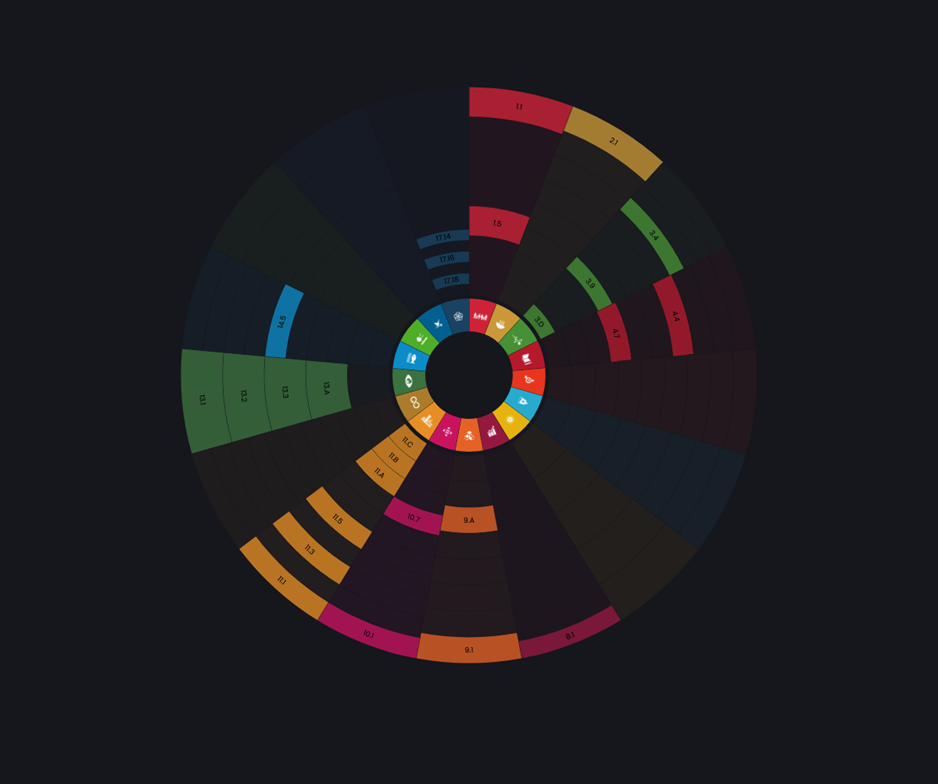
As well as consulting for international governmental organisations Tom disseminates the findings from his research to public audiences.
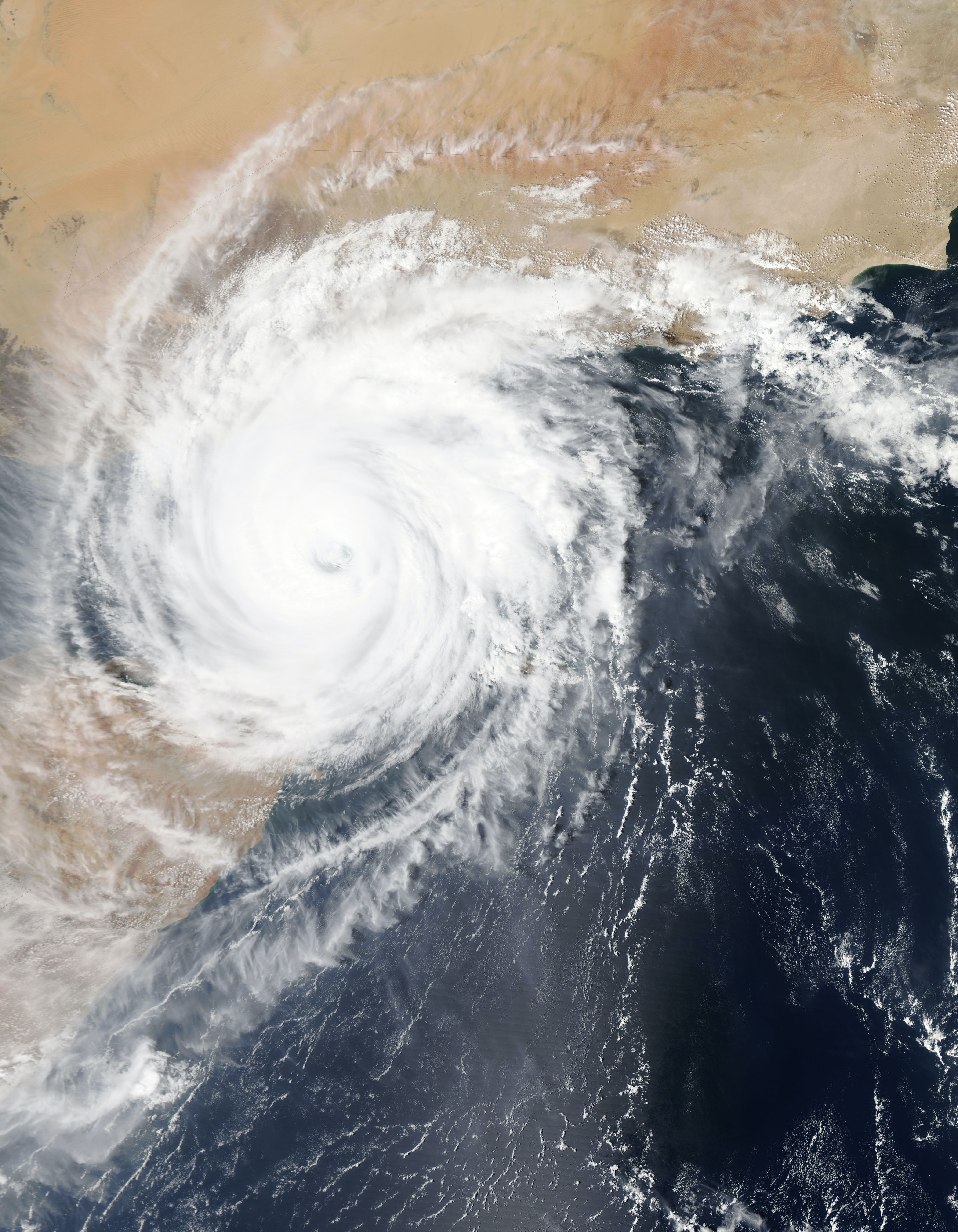
Research

Featured Publications
Tom's research interests are at the intersection of the economics of climate change and development economics, with a focus on empirical evaluation of the economic impacts of extreme weather events, such as floods, and on issues of public policy related to the economics of adaptation to climate change.
|
References |
SDGs |
|
Kocornik-Mina, A., McDermott, T. K. J., Michaels, G. and 1 more (...) (2020). Flooded cities. American Economic Journal: Applied Economics, 12(2), 35-66. |
13, 13.1; 11, 11.3, 11.5; 8.1 |
|
Castells-Quintana, D., Lopez-Uribe, M. D. P., McDermott, T. K. J. (2022). Population displacement and urban conflict: Global evidence from more than 3300 flood events. Journal of Development Economics, 158. |
1; 11; 13, 13.1; 16.1, 16.6 |
|
Castells-Quintana, D., Lopez-Uribe, M. D. P., McDermott, T. K. J. (2018). Adaptation to climate change: A review through a development economics lens. World Development, 104183-104196. |
1; 8; 11; 13; 17 |
|
Doherty, E., Mellett, S., Norton, D. and 3 more (...) (2021). A discrete choice experiment exploring farmer preferences for insurance against extreme weather events. Journal of Environmental Management, 290. |
2; 13 |
|
McDermott, T. K. J., Surminski, S. (2018). How normative interpretations of climate risk assessment affect local decision-making: An exploratory study at the city scale in Cork, Ireland. Philosophical Transactions of the Royal Society A: Mathematical, Physical and Engineering Sciences, 376:20170300. |
8; 11; 13; 16 |
|
Castells-Quintana, D., Krause, M., McDermott, T. K. J. (2021). The urbanising force of global warming: The role of climate change in the spatial distribution of population. Journal of Economic Geography, 21(4), 531-556. |
8; 11; 13 |
|
McDermott, T. K. J. (2022). Global exposure to flood risk and poverty. Nature Communications, 13(1). |
1; 11 |
|
Kilgarriff, P., McDermott, T. K. J., Vega, A. and 2 more (...) (2019). The impact of flooding disruption on the spatial distribution of commuter's income. Journal of Environmental Economics and Policy, 8(1), 48-64. |
1; 8; 10; 11; 13 |
|
Gibney, G., McDermott, T. K. J., Cullinan, J. (2023). Temperature, morbidity, and behavior in milder climates. Economic Modelling, 118. |
13 |
|
Vila, D., McDermott, T. K. J. (2022). On the frontlines: An exploratory analysis of unequal exposure to air pollution and COVID-19 in the United States. International Journal for Equity in Health, 21(1). |
3 |
